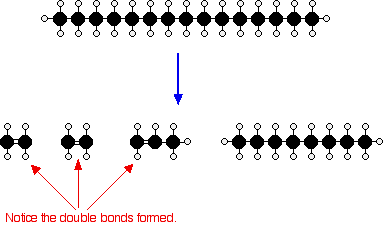

If that could be established, it could strengthen the hand of rival American companies wishing to invalidate the Burton-Humphreys patent. Sinclair Oil apparently wished to suggest that the patent of Burton and Humphreys, in use by Standard Oil, was derived from Shukhov's patent for oil cracking, as described in the Russian patent. In 1924, a delegation from the American Sinclair Oil Corporation visited Shukhov.

In its earlier versions it was a batch process, rather than continuous, and many patents were to follow in the US and Europe, though not all were practical. Among its advantages was the fact that both the condenser and the boiler were continuously kept under pressure. Humphreys independently developed and patented a similar process as U.S. One installation was used to a limited extent in Russia, but development was not followed up In the first decade of the 20th century the American engineers William Merriam Burton and Robert E. History and patents Īmong several variants of thermal cracking methods (variously known as the " Shukhov cracking process", " Burton cracking process", "Burton-Humphreys cracking process", and "Dubbs cracking process") Vladimir Shukhov, a Russian engineer, invented and patented, the first in 1891 (Russian Empire, patent no. Refinery using the Shukhov cracking process, Baku, Soviet Union, 1934. More loosely, outside the field of petroleum chemistry, the term "cracking" is used to describe any type of splitting of molecules under the influence of heat, catalysts and solvents, such as in processes of destructive distillation or pyrolysis.įluid catalytic cracking produces a high yield of petrol and LPG, while hydrocracking is a major source of jet fuel, diesel fuel, naphtha, and again yields LPG. Simply put, hydrocarbon cracking is the process of breaking a long chain of hydrocarbons into short ones. Cracking is the breakdown of a large alkane into smaller, more useful alkenes. The rate of cracking and the end products are strongly dependent on the temperature and presence of catalysts. In petrochemistry, petroleum geology and organic chemistry, cracking is the process whereby complex organic molecules such as kerogens or long-chain hydrocarbons are broken down into simpler molecules such as light hydrocarbons, by the breaking of carbon-carbon bonds in the precursors. Process whereby complex organic molecules are broken down into simpler molecules


 0 kommentar(er)
0 kommentar(er)
